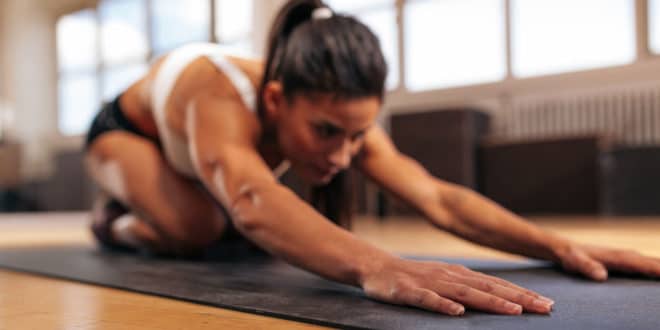Aerobic exercise such as running, brisk walking, swimming, and others helps to increase the supply of oxygen to the brain and produce hormones that support brain health. Some researchers even report that it may help the brain form new communication pathways to keep the brain active. That is good news for those who are at risk for dementia and Alzheimer’s diseases.
That is also good news for those who are studying in school. Physical activity has been shown to help students focus, concentrate and learn. And for those who are faced with stressful circumstances, physical activity helps to relieve the stress.
But if exercise does all of these amazing things, why aren’t more folks hitting the trails to reap benefits? Some say we might be lazy, but one psychologist suggests that we don’t like being uncomfortable, and physical activity does just that. We sweat, get cold, get out of breath, have sore muscles, and more.1 There’s nothing like waking up early in the morning and facing the cold air, the fog, scorching temperatures, or even worse, snow. So how should we work on getting the necessary physical activity to reap health benefits?
Take On the Challenge
Why not take on the challenge and set a goal. Brave the temperatures. Get out of breath once in a while. Try running in the rain on summer afternoons or walking in the snow in snow boots. Take walks after eating and form a new family habit. Take the steps instead of escalators at the mall. Do you live in a home with two floors? Run the steps. Reimagine physical activity and create new experiences to reap the benefits of staying healthy.
How much exercise should we get? According to the Center for Disease Control, youth ages 6-17 years old should get a minimum of 60 minutes of moderate to vigorous physical activity every day. Adults should get about 150 minutes of moderate to intense physical activity or 75 minutes of intense exercise each week.2
Take the challenge and do something new or different. Decide to make physical activity a part of your lifestyle and live healthily.
References:
- Pagoto, S. The Real Reason We don’t Exercise. Psychology Today. November 10, 2014. https://www.psychologytoday.com/us/blog/shrink/201411/the-real-reason-we-dont-exercise. Accessed December 27, 2019
- CDC: Recommendations and Guidelines. https://www.cdc.gov/physicalactivity/resources/recommendations.htmlAccessed December 20, 2019.
If you liked this, you might also like Benefits of Physical Activity | What Are the Mental and Physical Health Benefits of Exercise?
Pamela Williams writes from Southern California.
© 2002 - 2025, AnswersForMe.org. All rights reserved. Click here for content usage information. Answers for Me Support & encouragement for every-day life
Answers for Me Support & encouragement for every-day life



